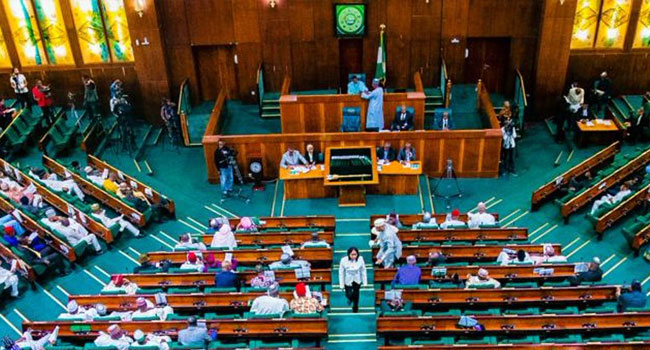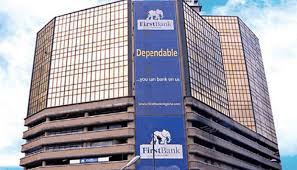Reps propose free Internet for public schools, hospitals

House of reps
The House of Representatives has taken initial steps to provide free internet services in selected public places for Nigerians.
This follows the passage of a bill last week during its first reading titled, “An Act to provide the legal framework for the free internet access programme in selected public places in Nigeria and for other related matters,” sponsored by Mr. Abubakar Kusada, the representative of Kankia/Ingawa/Kusada Federal Constituency, Katsina State.
Rallying support for the bill, Kusada noted that Nigeria recognises the vital role of information and communications technology in nation-building, and emphasized the policy to “promote an environment for the development of structures that would ensure availability and accessibility to reliable and secure internet access.”
A copy of the bill obtained shows that public places covered under the proposed law include federal, state, and local government offices, secondary and tertiary institutions, and public hospitals, including health centers in rural areas. Other locations listed include police, Army, Navy, and Customs barracks, public parks, plazas, libraries and reading centers, public airports and seaports, and public transport terminals.
Section 1 of the bill provides that “No fee shall be collected from users to connect on the public internet access points. The free internet service provided shall be separate from the internet service used for backend computer systems and programmes, databases, and/or management and information systems in government offices, provided that the shared use of infrastructure shall not be prohibited.”
It also stipulates that “Technical solutions that may limit or restrict access shall only be employed where there is a clear and present technical risk or breach that cannot be remedied through ordinary technical solutions, provided that technical solutions that can likewise maintain or promote ease of access shall be prioritized and pursued.”
The proposed law empowers the Nigerian Communications Commission (NCC) and the National Information Technology Development Agency (NITDA) to set standards and qualifications for determining which public places shall be included and prioritized for the programme’s rollout.
Section 3 states that the “NCC and NITDA shall be the lead implementing agencies that will oversee the effective and efficient implementation of this Act. Others include the Nigerian Satellite Communications Limited and the Nigerian Internet Group, an internet advocacy group.”
For the purpose of administering the proposed law, the bill mandates that NCC and NITDA, “within one year of the commencement of this Act, develop a comprehensive plan for the timely and effective implementation and propagation of this programme.” The two agencies are also to “liaise with federal, state, and local government areas, other relevant agencies, private sector entities, the Nigeria Internet Group, and concerned organizations to ensure that the comprehensive plan is integrated with the plans and budgets of all agencies mandated to provide free internet access under this programme.”
Additionally, the bill empowers the two agencies to “prescribe policies, regulations, and coordinate the timely and effective implementation of this Act; enter into contracts to undertake the implementation of this Act subject to existing laws and regulations; and arrange funding for the programme from any source, whether private, government, foreign, or domestic.”
In doing so, NCC and NITDA must ensure that the minimum internet speed per user is two megabytes per second or as prescribed by the National Broadband Plan, whichever is higher.
The bill also encourages partnerships to ensure efficient service delivery.
Section 6(1) states, “To promote an efficient and cost-effective delivery of free internet access in public places, NCC and NITDA may partner with the private sector in the implementation of the programme.”
It further allows that “The excess capacity of private sector partners may be offered to deliver supplemental internet access service for a reasonable fee to the user in the areas where programme facilities are located, provided that said individuals or entities register with the NCC as a value-added service provider.”
To reduce costs and enhance access, private service providers are encouraged to exchange data tariffs through domestic internet protocol exchanges that may be designated by NCC and NITDA.











